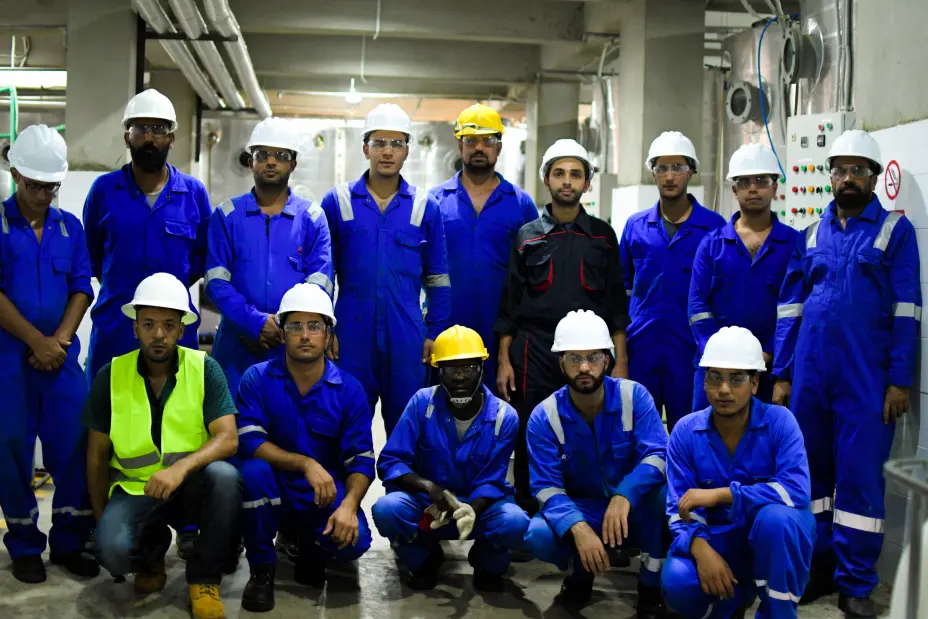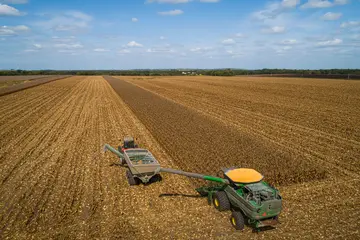From Egyptian pans to Europe’s gas stations
By producing biodiesel from used cooking oil and other waste vegetable oils, Biodiesel Misr in Egypt is able to reduce greenhouse gas emissions from road transportation. At the same time, they are helping create job opportunities for the local community CEO Mahmoud Abo El Rokab and Technical Director Ismaeil Ismaeil Zaher explain why the company has decided to invest in biofuel production, and how Novozymes played a key role in the process.

CO2 is one of the greenhouse gases that contribute to climate change. By blending diesel with biodiesel, less fossil fuel is needed, helping reduce carbon emissions and meet climate change targets. Biodiesel Misr started making biodiesel in 2013 from used cooking oil collected from restaurants.
”The target market for our waste-based biodiesel is Europe where environmental regulations require that diesel is blended with biodiesel.” says, CEO of Biodiesel Misr. CEO Mahmoud Abo El Rokab” In fact, the biggest challenge is not to find buyers of biodiesel, but suppliers of the raw material needed for biodiesel production. That is also the reason why we are looking to expand our business beyond Egypt to other countries in Africa to access more waste-based feedstocks.
Last year, the company implemented an enzyme-catalyzed biodiesel process, invented by Novozymes, to diversify the range of feedstocks that could be converted into high-value, low-carbon fuel while improving plant profitability. Cheap, low quality and non-food oils have long been considered for biodiesel feedstock. However, in chemical processing, these feed materials often require difficult and costly refining in order to not harm the chemical catalyst. Biodiesel producers have traditionally had to rely on the costly and messy sulfuric acid esterification or thermal glycerolysis for the pre-treatment of high acidity vegetable oils.
”Novozymes’ process and its Eversa® Transform 2.0 enzyme product is a game-changer for the profitability of our plant as we are now able to convert low-value feedstocks with high acidity to biodiesel that meet the EN biofuels Standards in Europe.” says Ismaeil Zaher , Technical Director of Biodiesel Misr. “The innovative enzymatic process requires limited capital expenditure and we were able to implement it by ourselves by retrofitting an existing facility.”
Eversa® Transform 2.0 is used in more than 30 plants worldwide. It can be deployed in both greenfield and retro-fit units for co-processing or stand-alone applications.
Click here to learn more about how you can improve profitability with enzymatic biodiesel processing.


